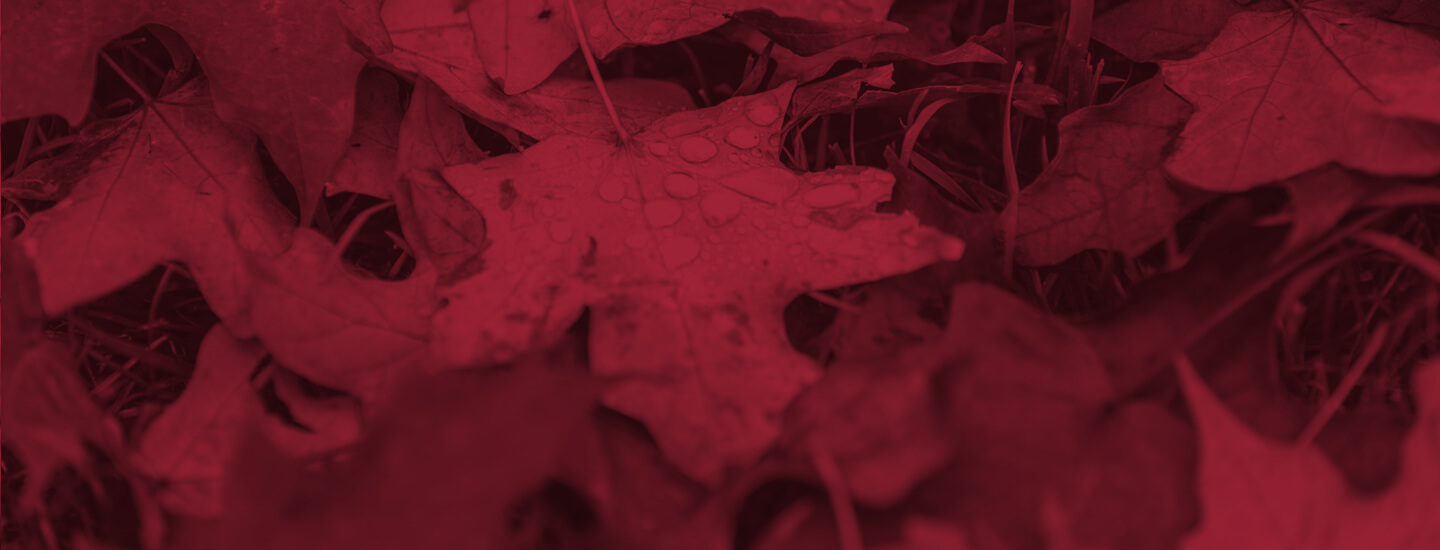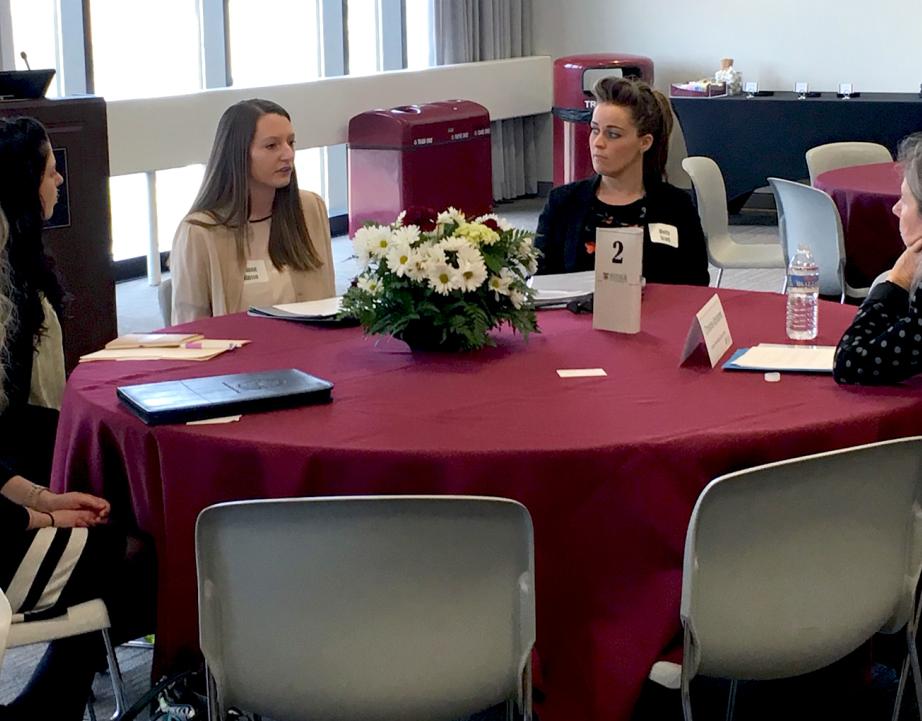Wednesday, Jun 12, 2019
Students in final semester receive practical advice on enhancing job prospects
by Keith Fernbach
Graduate students in Rider’s clinical mental health counseling, school counseling and school psychology programs participated in the first-ever Clinical Interview Preparation Event during the spring semester. The goal was for these students, who were all in their final semester, to gain experience interviewing, interact with potential employers and receive practical advice for how they can enhance their job prospects. The program was a joint effort between Rider’s Career Development and Success office and the Office of Field Placement and State Certification.
The event was modeled after the popular interview preparation event that the Field Placement office hosts twice a year for student teachers in the Department of Teacher Education. “We have run this for many years and it has always been a great resource for our student teachers and a great networking and partnership opportunity for all of us — student, faculty and administration,” says Director of Clinical Internships for the Office of Field Placement and State Certification Adam Lucas. “We wanted to bring this great opportunity and resource to our graduate students and partners.”
Elizabeth Davala, a career adviser for the College of Education and Human Services, organized the event in partnership with Lucas. She explains that a major focus of her job is helping students to become more comfortable with the interview process, and that this is best accomplished through practice.
“It really is repetition,” she says. “Like anything in life, they just have to do it over and over and over again until they say, ‘I’ve got it, I feel like I’m equipped to do this.’ And that’s a process.”
The event allowed students to do more than practice their interviewing skills, it gave them the opportunity to answer likely interview questions and receive immediate feedback from industry professionals and potential future employers, including clinical and school district administrators. Among those in attendance were a site director from High Focus Centers, a site director from GenPsych, the director of guidance for Montgomery Township School District, the director of guidance for Hopewell Valley Regional School District and the director of special services for the Hopewell Valley Regional School District.
Divided into groups and taking place in a round-table format, interviewers posed potential interview questions to the participants, with each student having a chance to respond. Everyone was able to listen to the responses of their peers and receive feedback on both their own statements and the statements of their classmates. Interviewers also shared several helpful tips including key items to include on a resume, what information to research before an actual job interview and the importance of recommendation letters from their internship supervisors.
The day concluded with a partnership dinner to thank the participating clinical fieldwork supervisors and give them an opportunity to network with one another.
Diana Russo, who earned a master’s in counseling services with a concentration in school counseling, says that what was most valuable to her was that the event gave her a rare opportunity to see into the mind of an interviewer without the pressure of having an actual job at stake.
“The interviewer did not hold back when it came to giving us constructive criticism, and encouraged us to act as if we were genuinely on an interview, even pointing out nonverbal cues and body language,” says Russo. “Initially I was panicking about what questions would be asked, fearing that I would not know how to answer appropriately. After the interview, I realized each question related to an experience I had during my internship, and I became more confident than I ever could have personally brought myself to be.”
Christopher Watson, who also attended the event and recently graduated from the school counseling program, says that one of the key takeaways for him was the importance of doing research prior to walking in the door for a job interview.
“When the interviewer asked a question, not only were we able to answer, but we could also hear our colleagues’ answers,” he says. “Often, there were multiple correct answers. This led me to realize that it’s not just a matter of giving a ‘correct’ answer, but having an understanding of the school’s demographics, and making your answer applicable to the student population of the school you’re interviewing with. Every school has unique populations that demand differing protocols and procedures. Researching the school you’ll be talking to is key.”
Lucas says that based off the positive feedback he received from the students in attendance as well as the interviewers, he is hopeful to not only make this event a fixture for Rider students but to increase the frequency to twice a year. “Our mission is to put students in the best position to achieve success after they earn their Rider degree, and events like this can be a key component in helping them do that."

